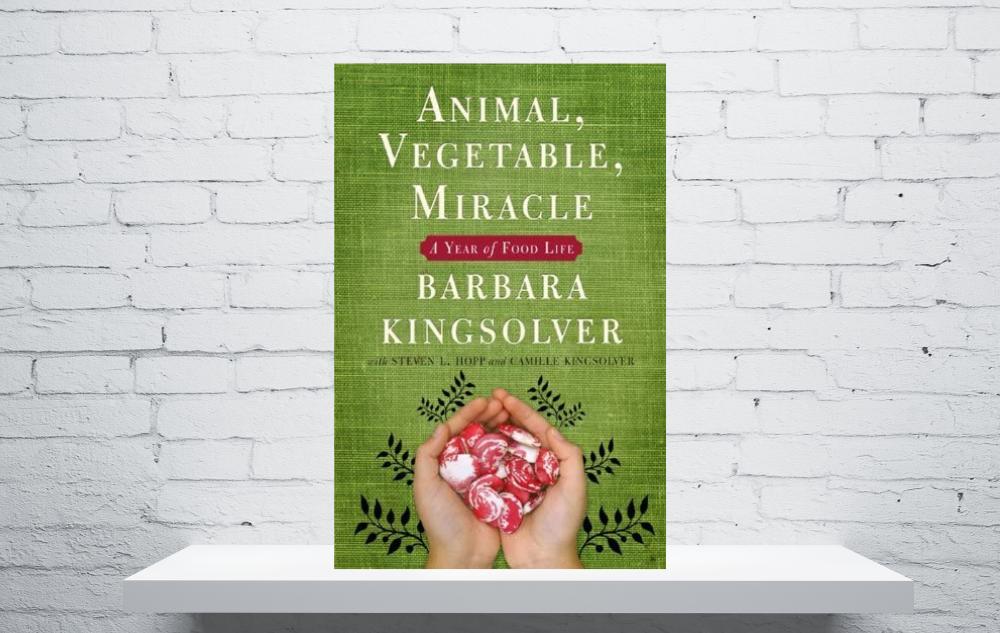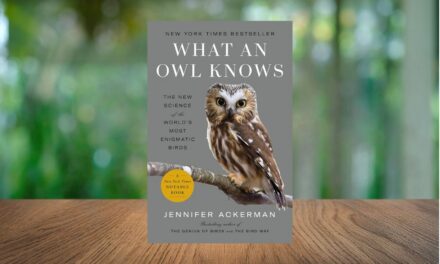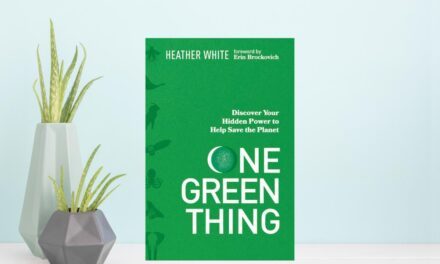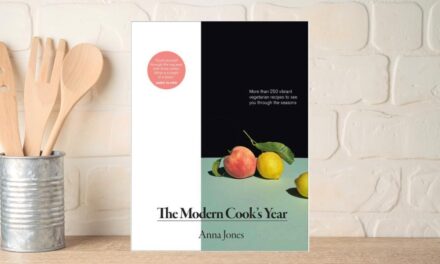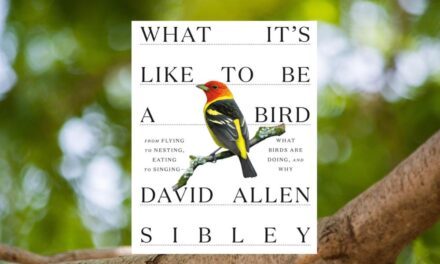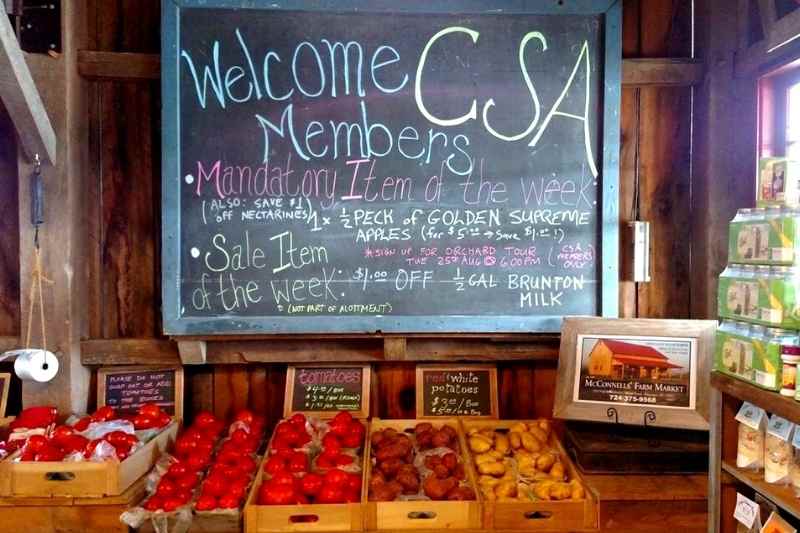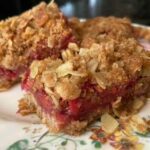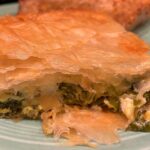Animal, Vegetable, Miracle: A Year of Food Life
Written by Barbara Kingsolver
OPL BOOK SUMMARY: Why does a homegrown August tomato taste so much better than a store-bought one? How do your food choices throughout the year affect not only your taste buds but also the environment? In Animal, Vegetable, Miracle, Barbara Kingsolver merges journalism with personal family memoirs as she recounts her family’s decision to live seasonally off the land. She and her family leave the food desert of Arizona for the rolling hills of Appalachia. Their intent is to only consume what they can grow (or purchase locally) for the next year.
Kingsolver’s book offers a hard view of the American food system. She criticizes the lengths food must travel to arrive at the grocery store. She also laments how the promotion of our food monoculture (which values heartiness and shelf stability over variety, taste, and biodiversity) has had detrimental effects on our health and our environment. It was this realization that made Kingsolver’s family reevaluate their food choices and challenge themselves to change their food habits.
The book weaves beautiful prose with a healthy dose of the harsh realities of living off the land. She entices the reader to hunt morels in the forest, taste freshly-picked asparagus, and witness the beauty of a newborn chick. Readers can agonize with Kingsolver about the planning and labor required to maintain a garden large enough to feed her family. She shares her early mornings and late nights of toil, and recounts the humbling act of slaughtering pesky-beautiful bumper crops. She annotates the seemingly-monumental task of preserving a year’s worth of produce in a relatively short harvest time. Despite the work, Kingsolver believes the taste and nutritional value of homegrown food makes it a worthwhile endeavor. Growing your own food also has a beneficial impact on the planet.
We may not all have the luxury to quit our jobs and move to Virginia in pursuit of our food dreams. But Kingsolver encourages us to look critically at our food origins and start locally sourcing what we can. Your tastebuds and your planet will thank you. Do you know where your food comes from?
Available used at BetterWorldBooks.

